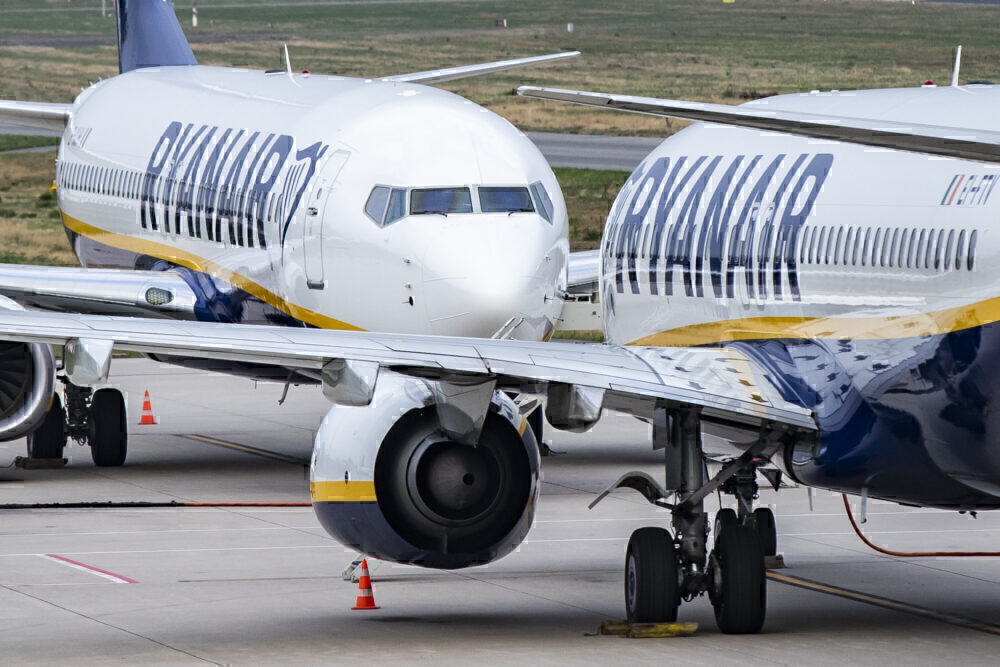As summer looms, European airlines are hoping we will finally see a strong recovery for air travel. However, cause for optimism is gradually waning, with countries across Europe experiencing a surge in COVID cases and authorities remaining skeptical of widespread summer travel. We explore what summer 2021 might look like for European carriers.

Initial optimism is slowly fading
At the beginning of the year, carriers across Europe were fairly optimistic about a summer rebound for the industry. This was boosted by the news that the European Union (EU) was working on a standardized health certificate system, which would help streamline travel between member states and facilitate tourism. The UK government also raised hopes when it laid out its roadmap for international travel by mid-May.

However, a lot can change in just a few weeks. COVID cases have soared across the continent, and various authorities have cast doubt on a summer resurgence. Mutated strains of COVID are the primary concern for governments, with fears that certain variants are resistant to vaccines and can re-infect those who have already had the virus.
Mark Wallace, an airline analyst at Goodbody, told the Financial Times,
“Paris lockdown, Italy’s national restrictions and rising concern in Germany over infection rates . . . are being reflected in growing fears that a second summer of travel will be lost.”
Stay informed: Sign up for our daily and weekly aviation news digests.
A summer full of restrictions?
It’s looking increasingly likely that travel restrictions will remain in place for the summer. While vaccinations are proving effective across Europe, potentially vaccine-resistant strains are giving authorities a headache. This is problematic for the EU’s “Digital Green Certificate,” which aims to clear passengers for travel if they have been vaccinated or show proof of recovery from a prior infection.

If restrictions are on and off, some carriers, including Ryanair and Wizz Air, will be better equipped to redeploy planes on different routes. Ultra-low-cost carriers, benefiting from lower operating costs, are likely to fare better if a strong summer fails to materialize, although some, including easyJet, are already strapped for cash.
While short-haul flights may remain relatively popular, long-haul trips will almost certainly not recover by the summer, posing a major problem for legacy carriers. Whether or not budget airlines will be able to thrive under these tough conditions also depends on European slot waiver policies.

A lot of European summer travel focuses on countries in Southern Europe, particularly around the Meditteranean. Earlier in March, Wizz Air laid out its recovery plan, which focused heavily on getting flights to Spain, Greece and Turkey up and running. Greece, in particular, has seen a sharp rise in COVID cases, which is likely to have devastating effects on the local tourism economy.
Airline shares take a hit
After France and Italy imposed significant restrictions on movement and business on Friday, shares in airlines fell. Shares in IAG and Ryanair dropped by 4%, while easyJet and Wizz shares took a 3.5% hit. This comes as a leading UK scientific advisor warned travelers to scale back their summer holiday expectations.

Dr. Tildesley, part of the UK government’s Scientific Pandemic Influenza Group on Modelling, told the BBC,
“I think that international travel this summer is, for the average holidaymaker, extremely unlikely… because of the potential for bringing more of these new variants back into the country.”
Many European carriers are on their last legs financially, having already braved 12 months of the pandemic. IAG managed to raise $1.43 billion in a bond issue on Thursday, but other carriers are likely to need further state bailouts to survive the year.

Alexandre de Juniac, head of the International Air Transport Association (IATA), told Reuters,
“There’s a risk of an increased number of bankruptcies particularly between now and the end of the year.”
Do you think we’ll see a busy summer for airlines, or will it be another summer of restrictions? Let us know your thoughts and insights in the comments.
[ad_2]
Source link


